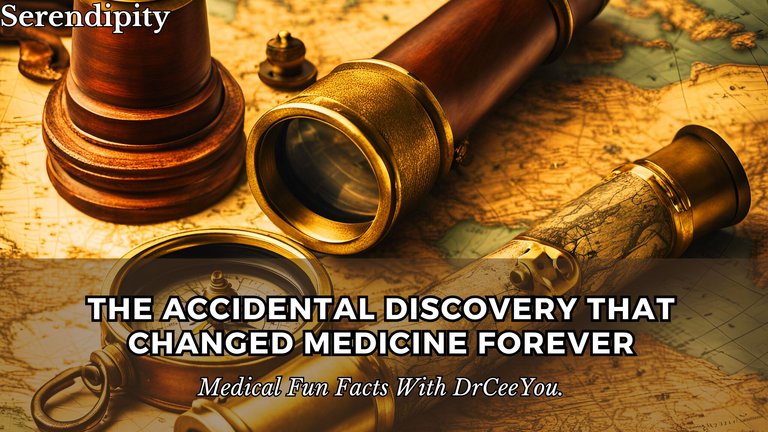
Did you know?
Sometimes, the most groundbreaking discoveries happen by accident. That’s exactly what happened in 1928 when Alexander Fleming stumbled upon something that would change the course of medicine: penicillin, the world’s first antibiotic.
A Happy Accident
It all started when Fleming, a Scottish bacteriologist, left a petri dish of bacteria uncovered on his lab bench before heading off on holiday. The bacteria in the dish were Staphylococcus, a type that can cause infections.
When Fleming returned, he noticed something strange: a mold had contaminated the dish, and the bacteria around the mold were gone! Instead of throwing the contaminated dish away, like most of us would have probably done, he decided to take a closer look.
The Mold That Saved Lives
Fleming realized the mold was producing a substance that killed the bacteria. He identified the mold as a strain of Penicillium notatum and named the antibacterial substance it produced penicillin.
This was a groundbreaking moment. Fleming had discovered a natural way to kill bacteria, offering hope for treating infections that were once life-threatening.
The Beginning of the Antibiotic Era
At first, Fleming’s discovery didn’t get much attention. Producing penicillin on a large scale was tricky, and it took over a decade for scientists to figure it out. But by the 1940s, during World War II, penicillin was being mass-produced and used to treat soldiers’ infections.
The results were miraculous. Infections that once killed thousands were now treatable, and penicillin became known as the "wonder drug."
Why It Matters
Penicillin revolutionized medicine and opened the door to the development of many other antibiotics. It’s hard to imagine a world without it—no simple cures for pneumonia, strep throat, or infected wounds. Fleming’s accidental discovery has saved countless lives and continues to be a cornerstone of modern medicine.
A Lesson in Curiosity
Fleming’s story reminds us that curiosity and observation can lead to incredible breakthroughs. Who knew that leaving a petri dish uncovered could spark a medical revolution?
So, the next time you hear about antibiotics, remember the mold that started it all—and the curious scientist who paid attention to what most people might have ignored.